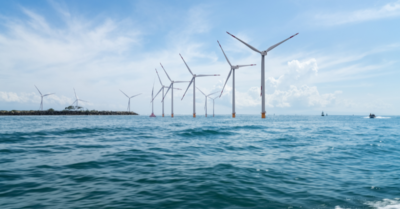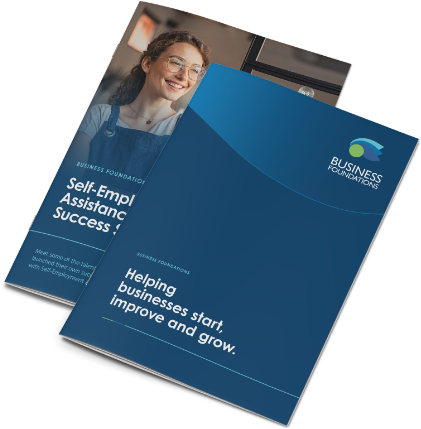What Is Decarbonisation and What Does It Mean for Your Business?
September 8, 2022
The Federal Government passed the Climate Change Bill 2022, enshrining a 43% reduction in greenhouse gas emissions from 2005 levels by 2030 and to reach net zero emissions by 2050.
With the Government now backing serious climate action, you might be wondering what this means for small businesses?
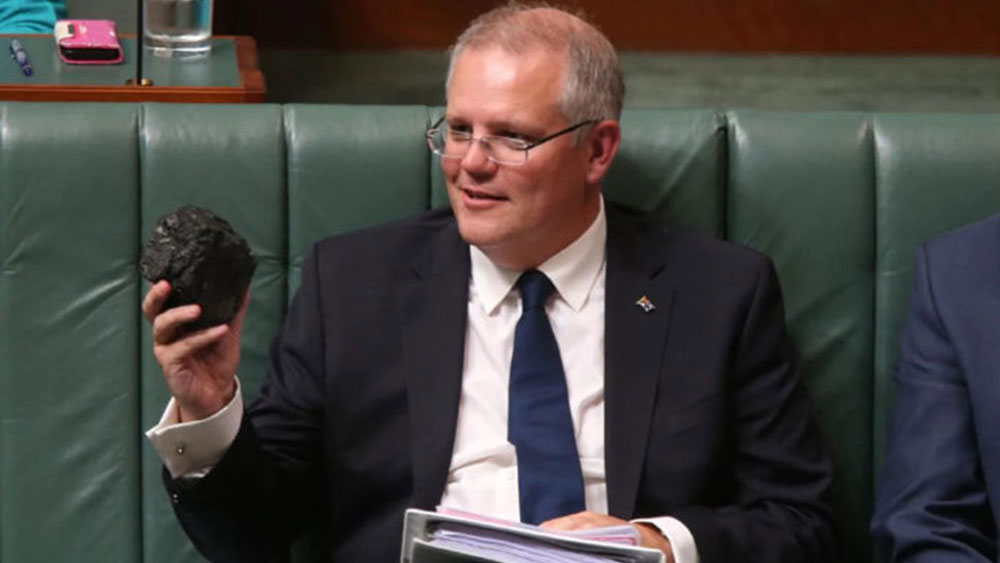
What is Decarbonisation?
Decarbonisation is the process of removing or reducing CO2 emissions into the atmosphere from business activities, as well as creating a system for to offset unavoidable emissions by purchasing carbon credits which fund activities that reduce emissions or capture carbon.
The aim of decarbonisation is to limit and eventually eliminate global CO2 emissions. Current climate policies would lead to a 2.1°C increase in global warming by 2100 in the best-case scenario, and 3.9°C in the worst-case scenario – meaning the need for widespread decarbonisation is increasingly urgent.
Why Does It Matter To Your Business?
It is important that we do not leave the responsibility of decarbonisation only with governments and corporations. All levels of government, businesses, communities and individuals stand to bear the effects of climate change; thus, it is essential that we all strive to take action.
The legislation does not mention any regulations to be imposed on businesses (yet) but lays the groundwork for climate action. With the Government committing to a drastic decrease in greenhouse gas emissions, their first focus will be on the heavy-polluting energy industry. However, there is no telling what legislation and mandates they will introduce in the future in order to meet these emissions targets.
It is also important to bear in mind that this is a result of the increasing support in the community towards climate action – something that was clear at the last federal election. Consumers and suppliers will be expecting SMEs to take action in reducing emissions. Whilst it may be more difficult for SMEs to achieve this, it is important to know where to start.
To achieve greenhouse gas emissions reduction, which for most businesses means reducing the amount of carbon they produce from their activities, the whole economy needs to change.
Businesses need to evaluate the number of emissions they are directly or indirectly responsible for creating as a result of business operations, and then identify strategies to reduce them. Some benefits of decarbonising your business are explored below.
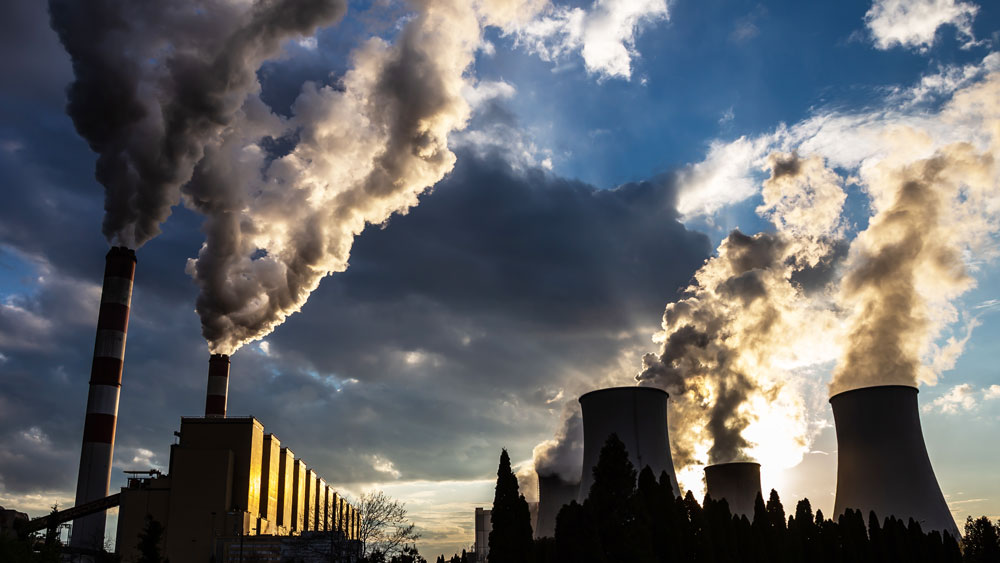
Risk Management
Australia has one of the worst reputations for climate inaction amongst the OECD group of nations. Earlier this year, Australia’s climate change was ranked as one of the lowest in MIT’s Green Future Index 2022, ranking 52nd out of 60.
The new Labor Federal Government has recently raised their ambitions under the 2015 Paris Agreement to reduce emissions by 43% in 2030, and to reach net zero emissions by 2050. This is in comparison to the previous Government’s objective of a 28% reduction by 2030. Increased government regulation on greenhouse gases are a matter of when, not if, meaning now is a good time for small businesses to start thinking about their decarbonisation strategy.
Investors and insurers will increasingly consider your decarbonisation strategy and climate risk in their decision making – and soon we may see insurers and investors refusing loans, providing less favourable credit terms, or refusing insurance for businesses engaging in environmentally irresponsible processes.
Consumers and suppliers may also prefer to take their business elsewhere if your business is lagging behind in climate action.
Cost Savings
Employing decarbonisation strategies not only has a positive impact on the environment, but it may also benefit your bottom line. Being efficient with resources and doing more with less leads to fewer emissions, preservation of resources, and cost savings.
Your business can consider improving energy efficiency in your building and reducing energy consumption. This can be achieved in low-cost ways, such as switching to LED lighting, to more expensive ways (but only in the short-term) such as improving insulation or installing solar panels. Not only will this have a positive impact on the environment, but it will also lower your energy costs.
For business owners in Victoria, the State Government offers the Small Business Energy Saver Program which offers grants for upgrading to more energy-efficient equipment, or the Solar for Business Program which offers rebates and loans for solar panel installation.
Competitive Advantage
Becoming a purpose-driven, sustainable business offers a competitive advantage which can lead to increased revenue and market share. This is particularly the case if you are the first business in your industry or niche to decarbonise, as you will have a “first mover advantage” that can allow you to charge premium prices.
Becoming a climate conscious business will also be useful if your business seeks to apply for government or industry grants and tenders. Businesses will increasingly be evaluated on their sustainability in addition to their capability and pricing model, which can lead you to becoming a stand-out candidate.
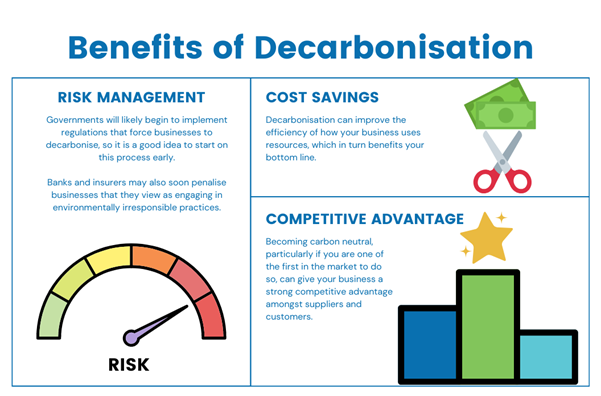
Decarbonisation can be a daunting process for small businesses, but the best way forward is to start small and get quick wins. By identifying your carbon emissions and working to offset or reduce them, your business can achieve carbon neutrality ahead of your competitors.
Acknowledgement Of Country
Business Foundations acknowledges the traditional custodians throughout Western Australia and their continuing connection to the land, waters and community. We pay our respects to all members of the Aboriginal communities and their cultures; and to Elders both past and present.
Victoria
The Commons
80 Market Street,
South Melbourne VIC 3205
admin@businessfoundations.com.au
Western Australia
Wesley Central
2 Cantonment Street,
Fremantle WA 6160
admin@businessfoundations.com.au


Get In Touch
Have a question or to find out how we can help you, please get in touch.


